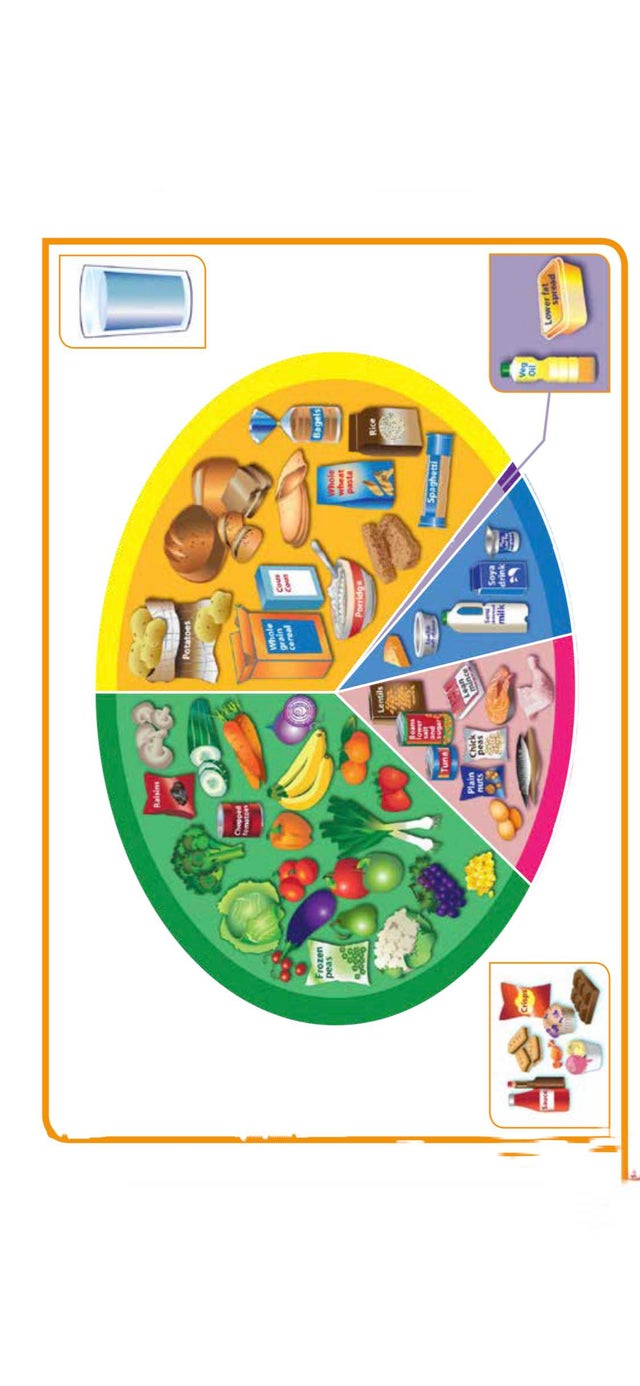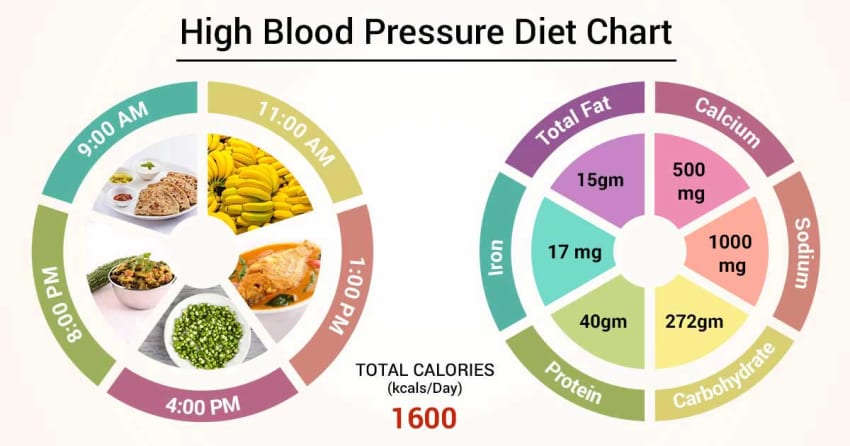
There are many benefits to fibre. The average American only consumes about half of the recommended daily intake. Eating a variety of foods high in fibre is key to improving your overall health. There are many types of fiber that are popular, including fruits and vegetables, whole grains and nuts. Eating foods rich in fiber is a great way to improve your overall health. However, fibre has more benefits than just improving digestion.
Fibre has many health benefits. It also helps to prevent heart disease. Research shows that a diet rich in fibre lowers the chance of developing heart disease up to 50%. It also lowers the 'bad' cholesterol. It is also known to control blood sugar levels. It has been shown in studies to lower the risk of certain cancers such as diabetes and colon cancer. A few studies even suggest that a higher intake of fiber may prevent colon cancer. By eating more fibre, you'll be able to avoid colon cancer, and will be more likely to lose weight.

Fiber helps to maintain a healthy digestive system and lowers the risk of colon cancer. According to the WereldkankerOnderzoekfond, increasing your fibre intake can prevent twelve percent colon cancer. And soluble fiber absorbs cholesterol in the food and eliminates it through the feces. It makes blood vessels healthier. It can also reduce the risk of heart attacks and stroke.
Fibre-rich diets are more likely to help children with chronic conditions and improve their health. There are many benefits to dietary fiber, even though there is still much research. It can be beneficial to the digestive system as well as organs. To meet a child's nutritional needs for fiber, it is recommended that they be given enteral formulas containing the fibre. A fiber supplement may be beneficial if the child doesn't get enough fiber in their diet.
For weight control, fibre is essential. Fiber, when consumed regularly, can make it easier to feel fuller and reduce calorie intake. Because it has a low-calorie content, it is often recommended to include more fibre in your diet. The traditional diet in Denmark is high in fibre and has a half-the obesity rate than Canada. This is the result of a diet that focuses on whole grains, legumes, and fruits.

According to the study, people are very knowledgeable about fibre. The average score was 3.54 (+-0.5). Higher chances are that students have learnt about fibre. The survey results show that fibre offers many other benefits. These include a reduced risk of heart disease and cancer as well as digestive disorders. Moreover, the benefits of fibre are well known amongst the public.
FAQ
How often should you exercise per week?
It all depends on your time and the type of exercise that you enjoy. It's a good idea to do moderate-intensity aerobic exercises 3 - 5 times per week. You shouldn't do too much. You will get the maximum benefits from your workouts if you do not exercise consistently.
Which exercises are most effective for me?
It all depends on your fitness goals. Some people focus on endurance activities like running, cycling, and swimming. Others prefer lifting weights, or using resistance bands. There are many types of exercise programs today. Choose an option that suits your lifestyle.
How Metabolic health is key to aging well
Today's people live longer than ever before. They are also becoming more sick as a result. Even though we have made significant advances in medical science it is becoming clearer that our current approach doesn't work.
It is time to change the way we view health and aging. Healthful aging requires that we start to think about metabolic health, which is not only weight loss but overall well-being.
You must ensure your metabolism is strong and healthy throughout your life if you want to lead a long, active life.
The good news? There are many things you can do to improve your metabolism. One of those ways is to incorporate these 7 foods into your diet:
-
Resveratrol in blueberries has been shown to support cell longevity. They also contain vitamins C & E, as well as antioxidants.
-
Pinto beans and lentils make excellent sources of fiber as well as plant-based protein. These nutrients help to keep blood sugar levels constant so they don't spike and crash.
-
Broccoli has sulforaphane. It has been proven to protect cells from DNA damage. It may even be able to slow down cancer progression.
-
Chia Seeds have high levels of omega-3 fatty oils and fiber. They are also rich in antioxidants, protein, and fiber. These nutrients promote gut health, brain function and heart health.
-
Green Tea is rich in polyphenols known as catechins. Studies show that catechins in green Tea can reduce the risk of developing diabetes, stroke, cognitive decline, and bone fractures.
-
Salmonis rich in vitamin D and low in saturatedfat, salmon is one of the best sources for lean protein.
-
Walnuts are rich in omega-3s as well as antioxidants such alpha lipoic acids (ALA). ALA boosts energy production and reduces inflammation.
How many calories do I need to eat each day?
This can vary from person to person. On average, 2000 to 2500 calories are consumed per day. You need to determine how many calories you need based on age, gender, height, weight, activity level, and lifestyle.
Statistics
- Candidates and applicants must pass all four tests at 70% (minimum level) to graduate from Basic Deputy U.S. Marshal (BDUSM) Training. (usmarshals.gov)
- According to the American Academy of Dermatology (AAD), men over 50 are at a heightened risk of developing it. (healthline.com)
- The PRS enabled risk stratification for overall prostate cancer and lethal disease with a four-fold difference between men in the highest and lowest quartiles (HR, 4.32; 95% confidence interval [CI], 3.16-5.89). (pubmed.ncbi.nlm.nih.gov)
- Are You One of the 20% of Guys (mh.co.za)
- Cardmembers earn 5% Back at Amazon.com with a Prime Credit Card. (amazon.com)
External Links
How To
How can I burn fat and exercise?
Exercise can help you burn calories and increase your metabolism.
If you exercise with moderate intensity, you can safely lose weight.
These are the top tips for burning fat while you exercise.
-
Do cardio exercises such as walking, swimming, jogging, cycling, running, or elliptical training.
-
For 30 minutes, do it three times a week.
-
Add strength training to your workouts if you are looking to lose more weight.
-
Avoid doing intense exercises. You can build muscle without having to lose muscle tissue.
-
During exercise, drink plenty of water. Water is essential for flushing out toxins and keeping your body hydrated.
-
Choose low-fat protein shakes after working out. Protein shakes can help boost energy and repair muscles.
-
You can eat smaller meals throughout the day so that you don't feel hungry in between meals.
-
Don't skip breakfast! You can feel tired and slow if you skip breakfast.
-
Take care to your mental well-being. Stressful situations can slow your metabolism.
-
Keep a positive attitude. Studies have shown that people who are convinced they are overweight gain more weight than those who feel they look attractive.
-
Get enough rest. You will have a harder time losing weight if you do not get enough sleep.
-
Always be active. Get up every hour and get moving.
-
Maintain a healthy diet. You will feel fuller longer if you eat right.
-
Find relaxation techniques. A tense mind doesn't allow your body to release stress hormones that break down muscle tissue.
A balanced diet is one that includes all of the essential nutrients required for growth.
Consider eating six small meals daily instead of three big ones. This gives your body time and energy to process the food.
For strong bones, we need 500 mgs of calcium daily. Calcium is found in dairy products like yogurt, fortified milk beverages, orange juices, cereals and bread.
Calcium is found in green leafy vegetables, beans, tofu, seeds, nuts, and cheese.
Vitamin D is required by the body to absorb calcium. Vitamin D is found in eggs yolk, fatty fish and fortified foods.
Vitamin E is important for skin health. Vitamin E can also be found in vegetable oil, wheat germ oils, peanuts as well almonds, sunflower seeds and corn.
Your body needs zinc to maintain normal immune function and heal wounds. Zinc can be found as a mineral in oysters.
Zinc deficiency can cause fatigue, loss of appetite, depression, and impaired immunity.
Insulin resistance is caused by eating too much sugar, which can increase blood glucose levels. Insulin resistance leads directly to weight gain.
Insulin resistance is caused by high blood levels of free-radicals. Free radicals refer to molecules that contain unpaired electrons. They can damage cell membranes and other body parts.
Most free radicals come from pesticides herbicides, food additives, preservatives smoking, radiation, chemical in cosmetics, lotions and household cleaning supplies.
Free radical damage can cause cancer, heart disease and diabetes, as well as arthritis, asthma, and other diseases.
Eating a well-balanced diet with antioxidants is the best way to prevent free radical damage. Antioxidants protect against oxidative damage.
Vitamin C (found on citrus fruits), Beta carotene, found in carrots and sweet potatoes, spinach and broccoli, cantaloupe (found in tomatoes, mangoes and peppers), and Vitamin E (found nuts, olive oil and avocados).
Other antioxidant nutrients include selenium, copper, manganese, and zinc.
Selenium is known to protect cells from the oxidative damage that free radicals can cause. Selenium can be found in Brazil nuts and liver, kidneys, liver, kidneys, shrimp, cod, turkey and lamb as well as chicken.
Copper protects your eyes, brain, eyes and red blood cell. Copper can be found in shellfish and poultry as well as meat and organ meats.
Manganese, an essential component of bone strength, is crucial. Manganese is found as a component of bone structure in brown rice (spinach, bananas), prunes, raisins and oatmeal.
Zinc is required for normal growth, reproduction and wound healing. Zn is present in lean cuts of meat and white fish, as well as eggs.